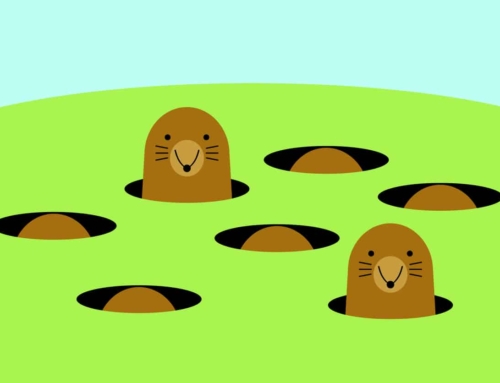Maybe that sounds like hyperbole, but I’ll bet you had a visceral reaction of disgust to the word pus in the title? Why is that, and is there a role for disgust in our climate communications?
Without going into the emotion of disgust too deeply, researchers believe it is an inherent evolutionary reaction to keep us healthy and avoid things that might harm us. For example, if a piece of meat smells really bad, it’s likely tainted. Our reaction is the gag reflex. You put on your puke face and your body prepares to throw up a tainted meal to get rid of the risk of eating pathogens.
We sometimes hear the phrase, “That disgusts me.” This isn’t the same as real disgust. It’s unlikely that even though you say you are disgusted by the jailing of pipeline water protectors, that you would actually throw up. But there’s a reason we use the term disgust in this situation.
In a recent study by University of Kent researchers, Tom Kupfer and Professor Roger Giner-Sorolla, on disgust and anger, they found:
“That a person who expresses disgust is judged to be motivated more by impartial, moral, concerns while a person who expresses anger towards the same immoral act is more likely to be motivated by self-interest.
An expression of disgust therefore signals different information to an observer than an expression of anger. Perhaps, then, people express disgust rather than anger when they want to show that they are motivated by moral concerns.
Two further experiments confirmed this: participants themselves were more likely to choose to express disgust when their goal was to show that their condemnation of an act was morally motivated, while they chose to express anger when they sought to protest that the act harmed their own interests.”
What does this mean for climate communications? We use anger frequently to show our outrage at disregard for the will of the people or what seems to be helplessness against powerful corporations and their political enablers. But values are at the root of our efforts.
There is an expression that all politics are moral, and we know morals are based on values.
We believe in equality for all regardless of the color of our skin or where we live. Climate justice issues are based on the values of empathy, fairness, inclusion, and equity. It is the violation of these values that brings us to anger rather than the specific issue that is occurring. It is moral outrage.
Perhaps then… we should invoke disgust in addition to anger.
There are two ways to do this. The first is to simply say we are disgusted with an action. For example, that we are disgusted by the governor’s inaction on Line 3. The second way is to frame the violation of our values with disgust. Let’s explore how we do that.
We can do this by adding words to our issue that activate disgust in the brain. This is one form of framing. What does this sound like?
The Enbr!dge Line 3 will pump toxic pus through their tar sands pipeline. Don’t let it ooze into our waters.
Line 3 is a virus spreading disease to our children.
Don’t let Line 3 sink it’s fangs and poison into us.
You get the idea. The thesaurus is full of disgust words like open wound, oozing, and decay. You know the drill.
I also understand that the approach of framing with disgust may not resonate with our climate sensibilities. It doesn’t seem to be taking the high road. So it is not something one would frame against a person, but rather their project or their idea. But also understand that it is not sufficient to just negatively frame fossil fuels even if that frame is based on disgust. It’s a balance.
We must also frame our vision in positive terms. Imagine a world where we can breathe clean air and pure water. We have a duty to protect this sacred cradle of life from toxic pollution. Protect the heart of Minnesota.
Your thoughts? Thanks.
Hobie,
‘We are all connected. Savor the Earth!’™
Hobart Stocking
SkyWaterEarth.com
hobart@skywaterearth.com
651-357-0110
Facebook: @SkyWaterEarthConnected
Twitter: @SkyWaterEarth








Leave A Comment